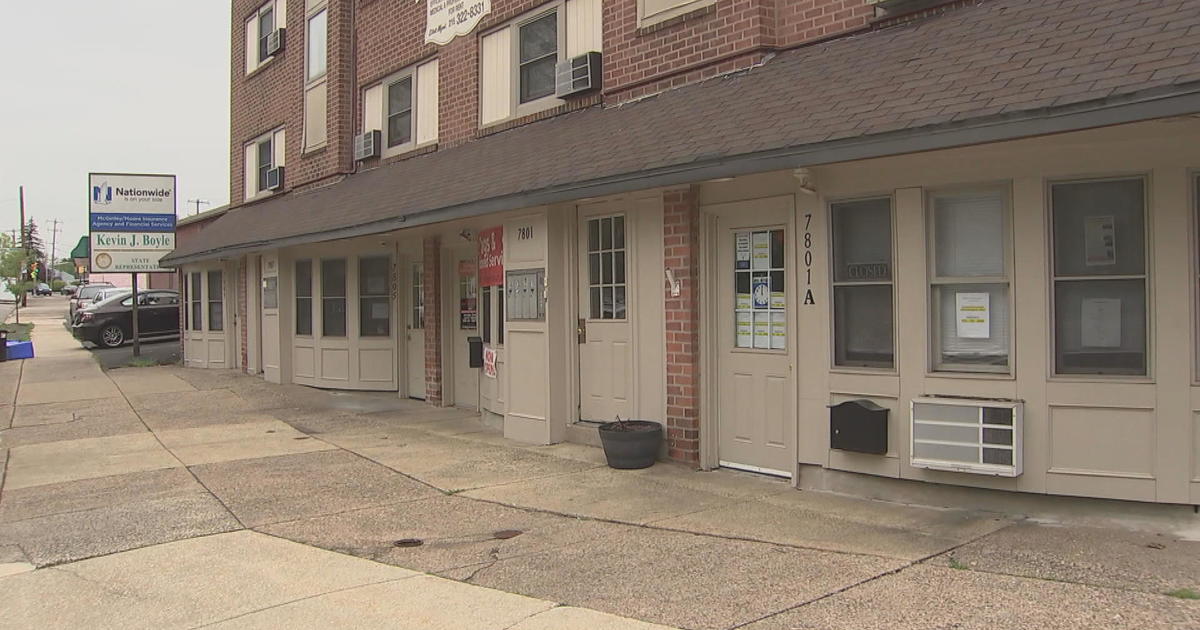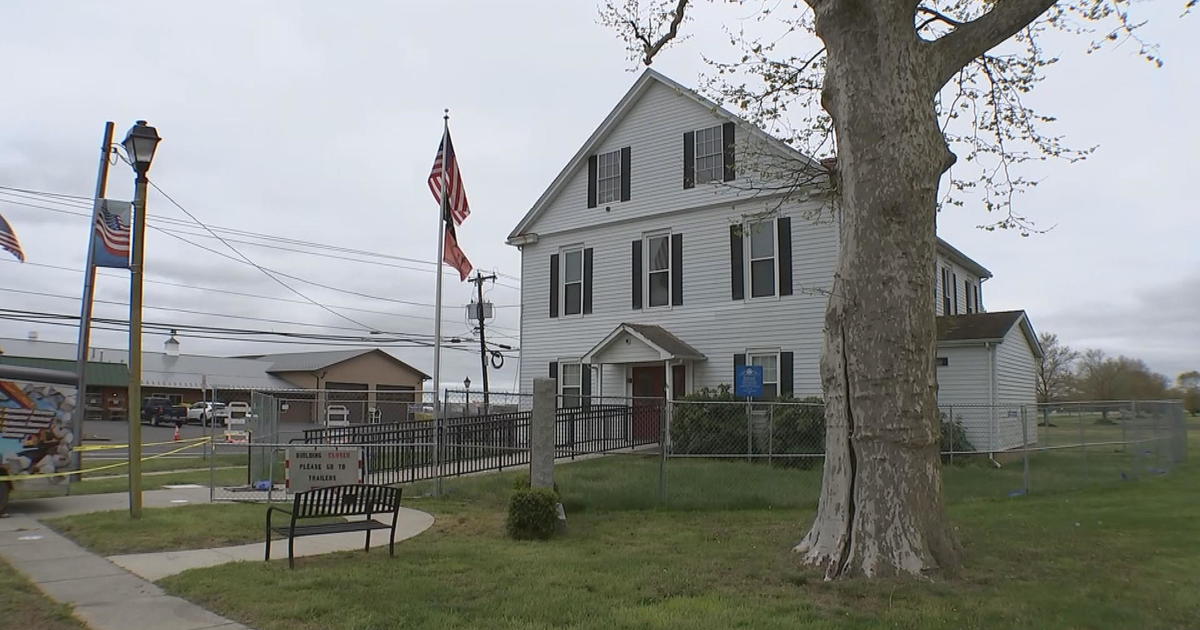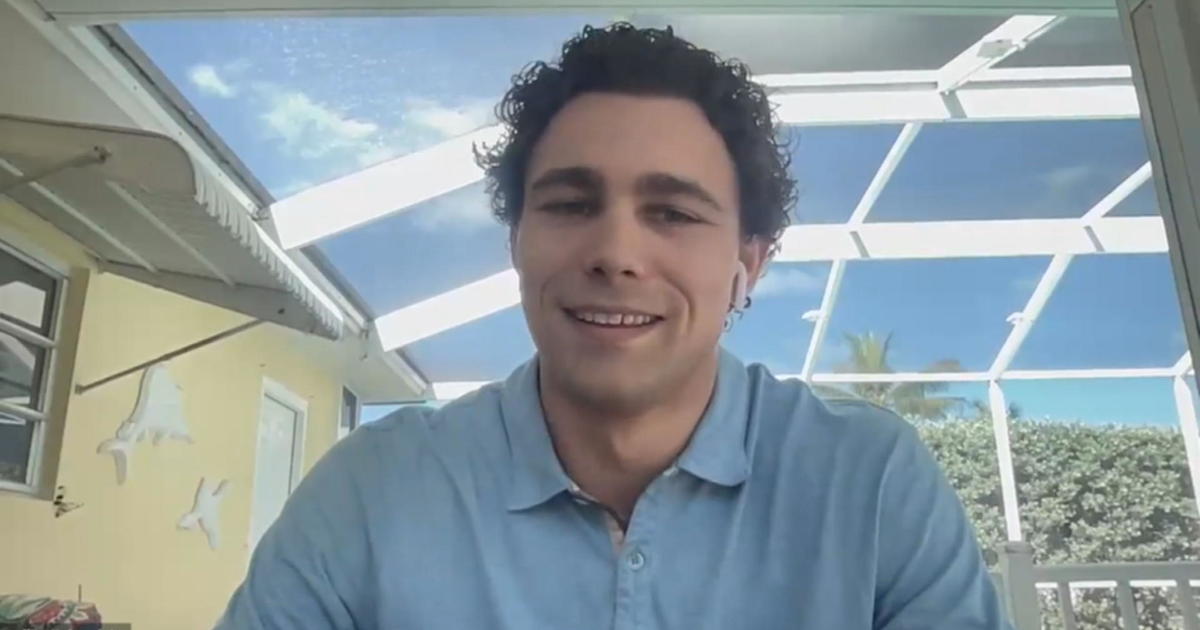Local Universities Scramble To Contact Students, Faculty Affected By Trump's Travel Ban
PHILADELPHIA (CBS) -- Drexel University student Anas Qatanani is clear – he does not support President Donald Trump's executive order on immigration, which halts all refugee entry into the United States for the next 120 days and indefinitely suspends the Syrian refugee program.
It also blocks the entry of citizens from seven Muslim-majority countries for the next 90 days.
"It's a huge crisis and going against exactly what we believe as Americans," Qatanani said. "We don't believe in these blatant injustices, which are going against basic human morals not just traditional American values."
Lawyers, Politicians Frustrated With Roll Out Of President Trump's Immigration Order
The implications of the swiftly signed executive order were far-reaching and led to nationwide protests, including one at the Philadelphia International Airport on Sunday.
Over the weekend, higher-ups at many universities scrambled to contact any students, scholars, or faculty who may be affected by the changes to federal immigration policy.
They also released statements in support of international students and their contributions and offered advice.
A statement to the student body at the University of Pennsylvania read in part: "We understand that rapid changes in immigration policy create uncertainty and apprehension for our international students and scholars and the entire Penn community. Penn remains fully committed to these valued members of our community, and to engaging globally to bring the best scholars and students from around the world to our campus. At the same time, we will be working to express our concerns about the effects of recent policy actions on our community, as well as our view that rapid changes in immigration policy create uncertainty for those who are eager to come to the United States to learn and to participate in research and the global exchange of knowledge. We will continue to monitor changes in federal immigration policy and provide timely updates to the Penn community."
Officials: Hundreds Denied Boarding Planes Over Weekend From Trump's Travel Ban
Penn President Amy Gutmann said the travel ban is "injurious to our work and inimical to our values."
"The damage already done to the lawful freedoms and opportunities of our students and colleagues, here and around the world, is undeniable and indefensible. This Order will weaken the promise of educational opportunity, intellectual discovery, and global engagement that so distinguishes American universities," Gutmann said in a statement.
At Temple University and elsewhere, officials also recommend students from the affected countries not travel out of the country for the time being.
Martyn Miller, the interim assistant vice president of Temple University's Office of International Affairs, says seven students from the seven countries named in the executive order have been admitted to the university for the upcoming year, but may not be able to attend.
"A couple have reached out about some concern with whether they'll be able to enter the United States in time to begin a program in fall," Miller said.
Others, who are already in the United States, feel trapped by the executive order.
"I have a lot of Syrian friends who fled the crisis in Syria who are 100 percent staying here for the next four years for fear of not being able to get back in," Qatanani said.
Though Qatanani was born in the United States, his older sister has a green card and is currently in medical school in Grenada. After reports of detainments of those with green cards at airports nationwide, the family fears she may be detained at the airport if she tries to enter the United States.
Qatanani says the policy unfairly targets his religious beliefs.
"For Donald Trump to say this isn't a Muslim ban when the seven countries involved are Muslim-majority countries, I think that's just a blatant lie," he said.
Officials at Temple, Drexel, and Penn State say there are currently no students in the seven countries affected by this executive order. They are Iran, Iraq, Libya, Somalia, Sudan, Syria and Yemen.
Trump said in a statement over the weekend that this is "not about religious beliefs," but "about terror" and "protecting our country."



